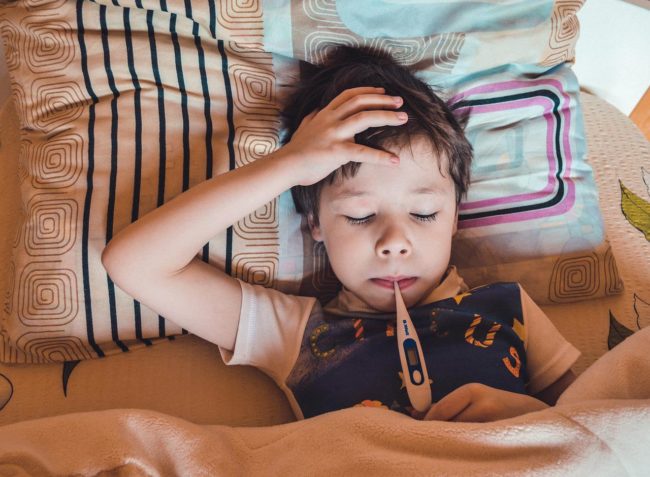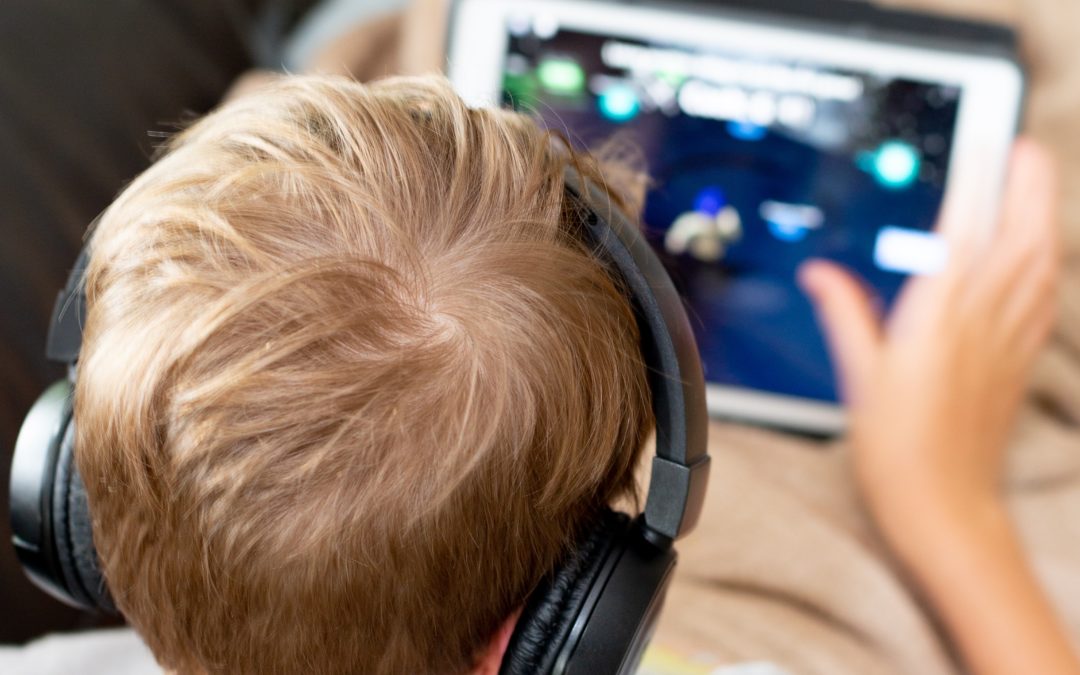
Just as Covid fears are easing, a new illness is now affecting children worldwide- acute hepatitis. Roughly 200 kids in Europe have so far been confirmed as suffering with it, 145 of which are in the UK. Ten children have had to have liver transplants.
So, what is acute hepatitis, what do you need to know, and should you be worried?
What should parents look out for?
The biggest symptom to look out for is jaundice, a yellow tinge to the skin and other parts of the body, which is most easily seen in the whites of the eyes.
Other symptoms of hepatitis in children include:
- dark urine
- pale, grey-coloured poo
- itchy skin
- muscle and joint pain
- a high temperature
- feeling and being sick
- feeling unusually tired all the time
- loss of appetite
- stomach pain
As always, if your instincts are to call the dr or emergency GP service, then do.
What actually is acute hepatitis?
Hepatitis is an inflammation of the liver. In children it is the result of a viral infection. Many children have started off the infection with vomiting and diarrhoea.
The chances of contracting the virus are much reduced by practising thorough hand washing. Children who experience diarrhoea and/ or vomiting should also stay at home for 48 hours to avoid spreading the bug to others.
Why are the current cases happening?
It’s currently unknown why there has been a rise in cases of hepatitis amongst children. Research so far seems to show that an adenovirus (sickness and diarrhoea bug) is causing the spike in numbers.
The pattern of symptoms researchers are seeing is not normally the case for adenovirus, however. Other causes are also being investigated, including Covid and environmental factors.
Another possible explanation is that the Covid lockdowns caused a delay in children developing their immune systems; catching viruses for the first time at a later stage can cause a worse infection.
Could there be a connection to the Covid vaccine?
In short, no. The children affected so far had not been vaccinated.
Should I be concerned?
It’s worth remembering that even if your child catches a cold or virus, the chances of it becoming hepatitis are extremely low.
It is, however, important to be aware of the signs and symptoms.
It can also help reduce the chance of infection by showing children how to wash their hands thoroughly and encourage them to do so before eating and after going out/ using the toilet.









